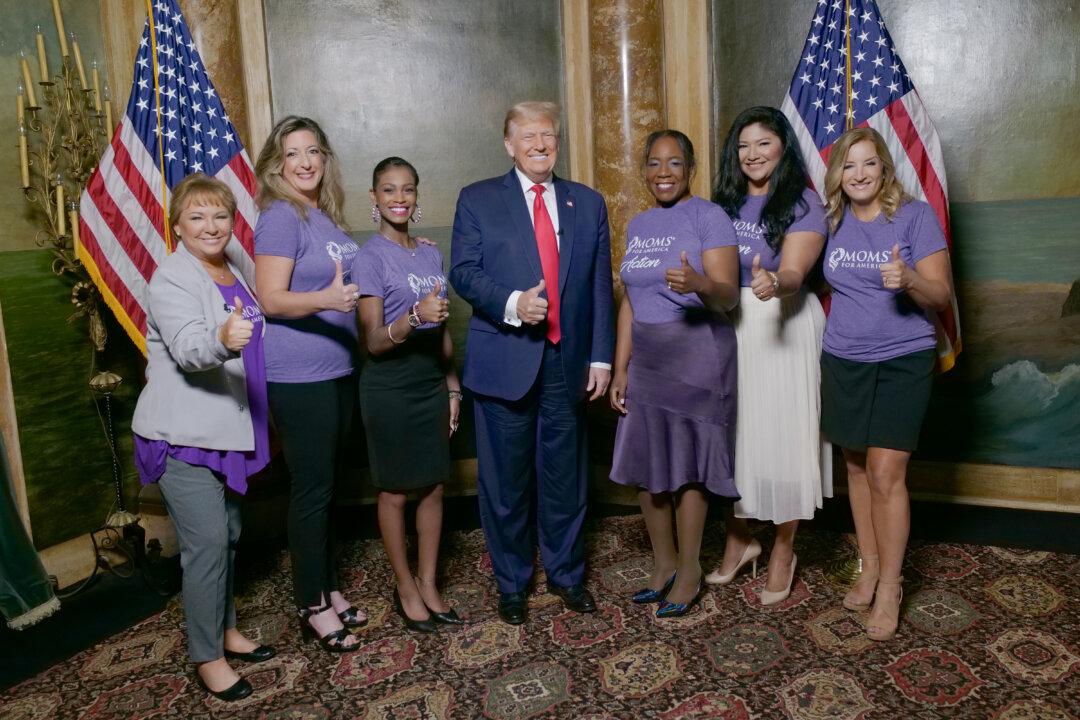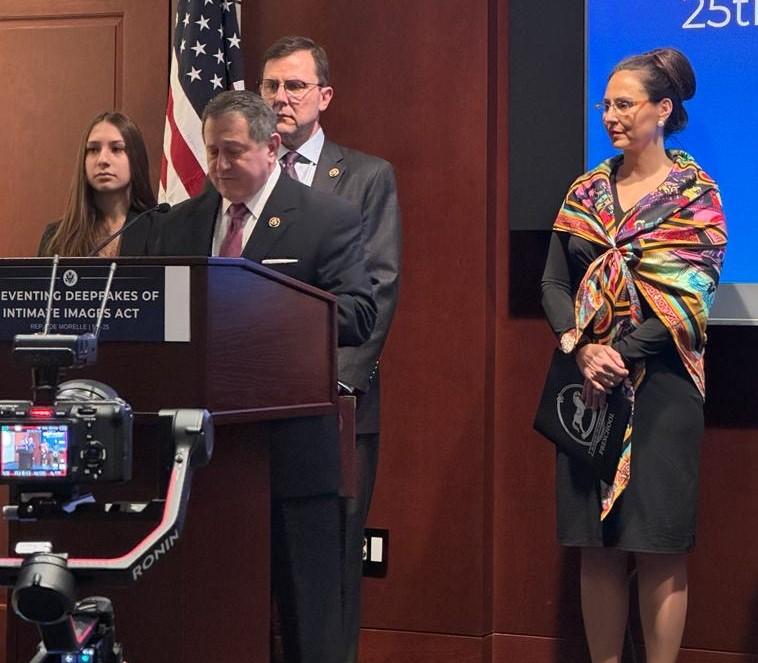Recent decisions made at the highest levels of American legal education, and cases on which the U.S. Supreme Court will soon rule, are adding fuel to a debate that has always been at least on a simmer.
Indeed, the decisions made by law schools and the cases in the Supreme Court, both centered on practices and policies to increase racial diversity, are closely tied to public sentiment and societal awareness.





